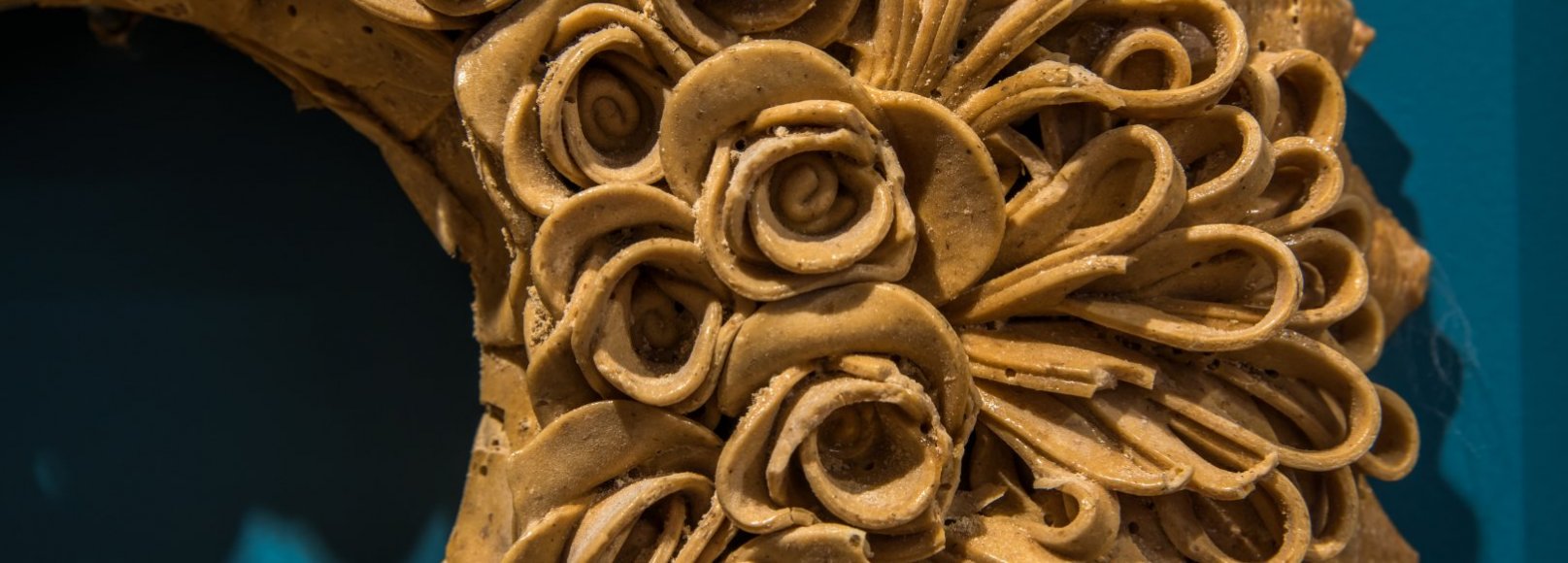Bread As a social gift
Bread, as it is known in many cultures is a basic good of nutrition. Since ancient times, bread was a symbol associated with the divine element and was an integral part of the bloodless sacrifices, offering to a deity as the greatest gift, the channel of communication. In the Greek rural area, the existence of bread on the daily table is considered a great blessing, since it is the labor of a whole year's hard work. The lack of this was associated with great distress, as his absence from the table was equivalent to hunger and misfortune in the family home.
In Greek area, bread was mainly offered at festivals and other events, mainly to strengthen the relations of the rural community. Bread, according to Christian faith, encompasses a divine power, since it transfers the grace of God. On large religious holidays, such as Christmas and Easter, different types of bread were offered when visiting a relative or friend. The return of the gift sealed the relationship. The materials used to make the bread were pure, often the flour came from the first harvest of the crop, and the seeds were blessed by the priest. Bread accompanied all circumstances of social life, such as engagement or marriage. The groom would send the bride a bun as a sample of his love before the mystery was fulfilled. In order to invite the guests to the wedding, the families sent rolls instead of the invitation card. Prior to the wedding, families of honeymooners gathered to make the famous embroidered breads, this adorned ornate designs inspired by the natural element for the couple’s good fortune and fertility. Offering bread is not a regular gift, but an effort was made to give it. The power of the bread was transferred to the person taking it and thus created a new social relationship.
All phases of human life must somehow be protected by some superior power. It seems, according to folk tradition, that when people's bonds are put under the power of bread, they become more stable.


